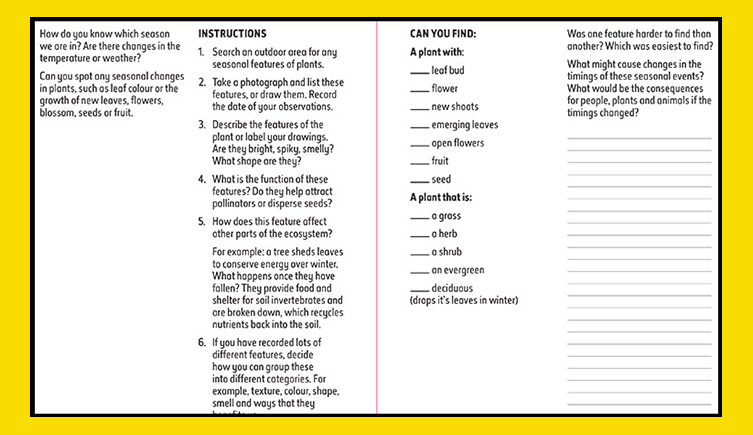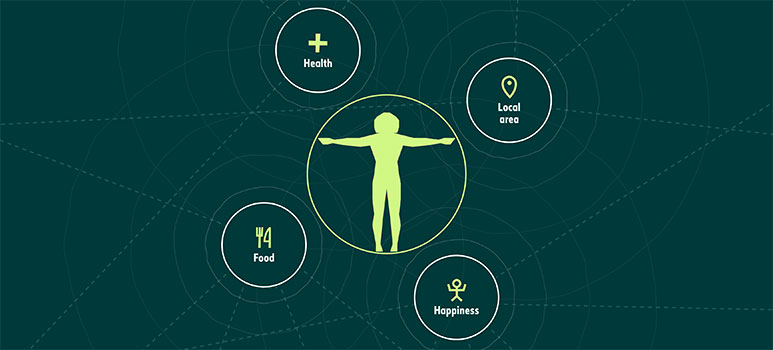About this resource
- Resource type: outdoor practical activity
- Theme: Tools for outdoor enquiry
In this activity, students take on a range of roles to explore their local outdoor space. They share their findings with the rest of the class to build up a picture of the area.
Explorer Cards can be used in any outdoor space, including a playground or sports field, but slightly wilder areas in the school grounds or beyond will be most valuable.

Relationships in an ecosystem
Experimental skills and investigations
Analysis and evaluation
Geographical skills and fieldwork
Geographical skills and fieldwork
Human and physical geography
Biodiversity and Interdependence
I can sample and identify living things from different habitats to compare their biodiversity and can suggest reasons for their distribution. SCN 3-01a
I understand how animal and plant species depend on each other and how living things are adapted for survival. I can predict the impact of population growth and natural hazards on biodiversity. SCN 4-01a
Inquiry and Investigative Skills:
Plans and designs scientific investigations and enquiries:
Carries out practical activities within a variety of learning environments:
Analyses, interprets and evaluates scientific findings:

Use our learning resources with your students to explore the nature on your doorstep and discover the challenges it faces.

Biodiversity is connected to almost every aspect of our lives, but it needs our help. Small actions can make a big difference.